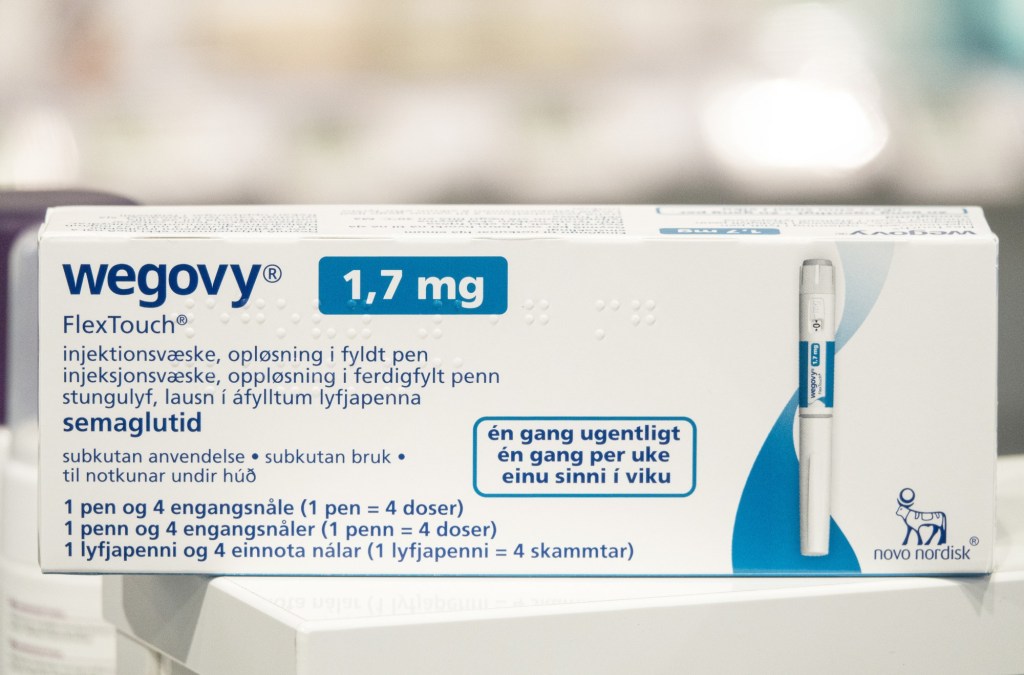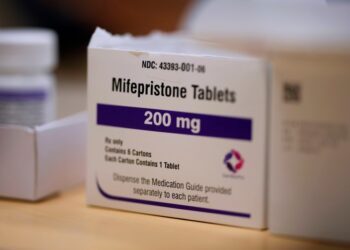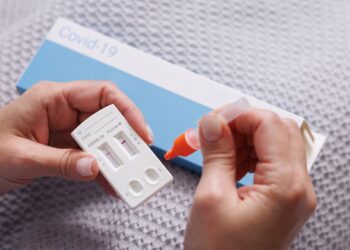Novo Nordisk A/S and Eli Lilly & Co. are touting pill versions of their blockbuster weight-loss drugs that could come as soon as next year. But if you’re expecting something cheaper and with fewer side effects, think again.
Obesity pills under development have some major shortcomings in ease of use and side effects that patients may not be prepared for. And if a tablet from Novo that’s already on the market is any guide, some will cost just as much as the injections that are already giving patients and insurers pause.
Shots like Lilly’s Zepbound and Novo’s Wegovy are more than just fodder for late-night talk shows: They’re a gold mine that’s propelled the companies to dizzying valuations and lured other drugmakers into the field. Pfizer Inc. and AstraZeneca Plc are looking at oral medicines to make inroads into a market projected to reach $100 billion within seven years.
“The orals will play a very significant role, because not everybody likes injections,” Pfizer Chief Executive Officer Albert Bourla said at a conference in September. His counterpart at Astra, Pascal Soriot, foresees a pill that will “democratize” weight loss, making it available to more people in low-income countries.
Drugmakers find pills generally easier to make, store and transport than injections. So far, that hasn’t translated into a cheaper form of Novo’s Ozempic. Rybelsus, a pill version of the diabetes shot that’s often used for weight loss, is already available at $936 for a one-month supply.
A high-dose version of Rybelsus that’s specifically for weight loss is under consideration for European approval. In a late-stage trial, patients who took it once a day lost about 15% of body weight in 16 less than months.
But the pill still has limitations: Patients take it daily on an empty stomach and then must wait another half hour before eating. Even so, more gastrointestinal side effects were reported in trials of the…
Read the full article here







